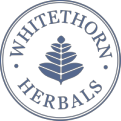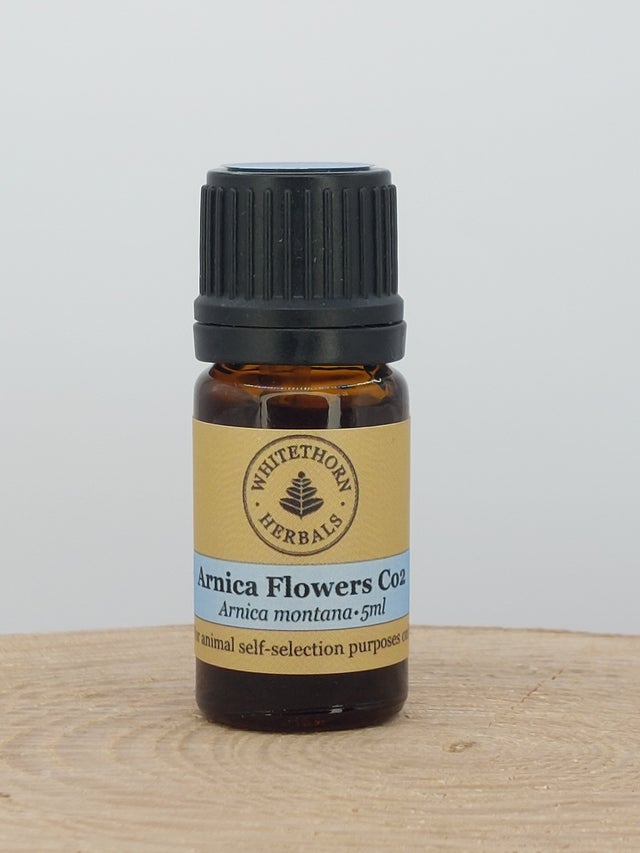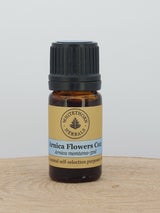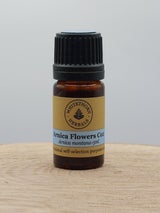- Essential Oils, Absolutes and CO2 extracts
- >
- Arnica flowers CO2 extract - Certified Organic
Arnica flowers CO2 extract - Certified Organic
SKU:
€29.95
29.95
55.95
€29.95 - €55.95
Unavailable
per item
Arnica Co2 extract (Arnica montana)- Certified Organic with Sunflower oil
Your animal may select Arnica Co2 extract for the following symtoms or conditions:
Your animal may select Arnica Co2 extract for the following symtoms or conditions:
- emotional trauma
- injury and wounds
- physical bruising
- shock
- compromised immune system
PLEASE NOTE: Viscosity of this product is dependent upon the temperature at which the bottle is stored - therefore it is fitted with a dropper cap. This means in high temperatures, it may be liquid thus enable exit through the dropper cap or in the event of low temperatures, you may need to remove the dropper cap and extract the extract with an impliment such as a wooden coffee stirrer.
The roll of sequiterpene lactones contained within Arnica CO2
Abstract of review on SL's ability to reduce inflammation:
Merfort I. Perspectives on sesquiterpene lactones in inflammation and cancer. Curr Drug Targets. 2011 Oct;12(11):1560-73. doi: 10.2174/138945011798109437. PMID: 21561425
Abstract
Sesquiterpene lactones are a large group of secondary plant metabolites mostly known from the Asteraceae family. They exert a broad variety of different biological activities. This review attempts to critically summarise the knowledge on the anti-inflammatory and cytotoxic activity of SLs, with a special focus on parthenolide and helenalin. Recent advances on their molecular modes of action, allergic potential and also QSAR studies with SLs are presented. Therapeutic areas are highlighted in which SLs may play a role in the future. Thus, SLs may possess therapeutic relevance as single components for the local treatment of inflammation, such as rheumatoid complaints. In cancer therapy, SLs may be favourable in dual therapy or in the inhibition of leukaemia cell growth. In each case, native SLs serve as leads that have to be optimised in terms of their specificity, pharmacokinetics and absorption, distribution, metabolism and excretion (=ADME) properties. Finally, appropriate in vivo studies will decide whether SLs will become therapeutics or remain interesting research compounds
The roll of sequiterpene lactones contained within Arnica CO2
Abstract of review on SL's ability to reduce inflammation:
Merfort I. Perspectives on sesquiterpene lactones in inflammation and cancer. Curr Drug Targets. 2011 Oct;12(11):1560-73. doi: 10.2174/138945011798109437. PMID: 21561425
Abstract
Sesquiterpene lactones are a large group of secondary plant metabolites mostly known from the Asteraceae family. They exert a broad variety of different biological activities. This review attempts to critically summarise the knowledge on the anti-inflammatory and cytotoxic activity of SLs, with a special focus on parthenolide and helenalin. Recent advances on their molecular modes of action, allergic potential and also QSAR studies with SLs are presented. Therapeutic areas are highlighted in which SLs may play a role in the future. Thus, SLs may possess therapeutic relevance as single components for the local treatment of inflammation, such as rheumatoid complaints. In cancer therapy, SLs may be favourable in dual therapy or in the inhibition of leukaemia cell growth. In each case, native SLs serve as leads that have to be optimised in terms of their specificity, pharmacokinetics and absorption, distribution, metabolism and excretion (=ADME) properties. Finally, appropriate in vivo studies will decide whether SLs will become therapeutics or remain interesting research compounds






